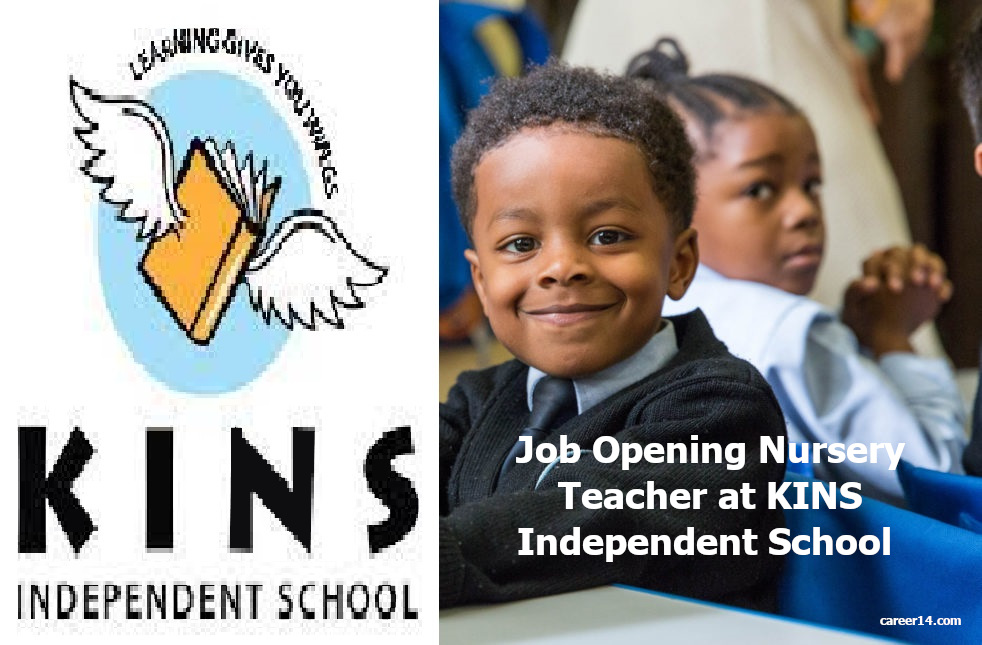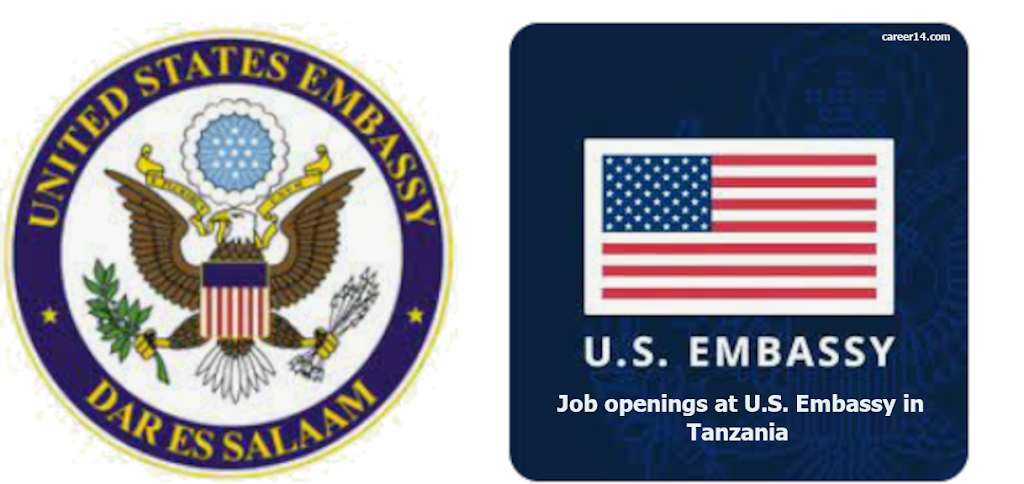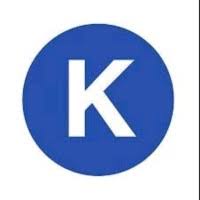programme & policy jobs in tanzania,programme & policy jobs morogoro, programme & policy jobs kariakoo, programme & policy jobs, wfp jobs in tanzania 2021, wfp jobs tanzania, fao jobs, world food programme south africa, wfp login, wfp tanzania,wfp tanzania jobs 2021, wfp jobs in dodoma 2021, ajira portal, wfp tanzania address, jobs in tanzania, wfp internship tanzania, wfp dodoma jobs december 202, wfp dodoma jobs 2021 tanzania, wfp dodoma jobs 2021 december, wfp dodoma jobs 2021, programme & policy jobs dar es salaam, programme & policy jobs kigamboni, programme & policy jobs temeke, programme & policy jobs mbagala
DUTY STATION: DODOMA SUB OFFICE, IN TANZANIA COUNTRY OFFICE
WFP celebrates and embraces diversity. It is committed to the principle of equal employment opportunity for all its employees and encourages qualified candidates to apply irrespective of race, colour, national origin, ethnic or social background, genetic information, gender, gender identity and/or expression, sexual orientation, religion or belief, HIV status, physical or mental disability.
ABOUT WFP
The World Food Programme (WFP) is the world’s largest humanitarian agency fighting hunger worldwide. WFP pursues a vision of the world in which every man, woman and child has access at all times to the diverse food needed for an active and healthy life.
WFP Tanzania has been connecting smallholder farmers to markets since the launch of the Purchase for Progress (P4P) pilot in 2009. WFP has been supporting Micro, Small and Medium Enterprises (MSMEs) to strengthen the ecosystem in which smallholder farmers access affordable inputs, services and markets. Finally, with the Government of Tanzania, WFP supports local and smallholder purchasing to meet local and regional demand for WFP food assistance.
WFP’s strategy to support smallholder farmers highlights the importance of women and youth in rural development, livelihoods, strengthening value chains, and improving food systems. The strategy is committed to empower over 405,000 farmers in the next five years (2022-2027), generating over USD 150 million of aggregated annual purchasing demand in the Country.
In support of the strategy, the upcoming “Strengthening Food Systems to Empower Smallholder Farmers and Young People” project will support MSME development and scale support to the maize, sorghum, beans and horticulture value chains, targeting smallholder farmers and youths, especially women.
Furthermore, the upcoming “Strengthening Smallholder Agriculture Value Chain, Gender Equity and Peace in Refugee Hosting Districts” project will enhance food security and nutrition amongst vulnerable groups, strengthen community-based organizations to become active contributors to social cohesion, gender equality and peace, and increase smallholder farmers agricultural and financial capacities for market engagement and resilient livelihoods.
STANDARD MINIMUM QUALIFICATIONS
- Education: University degree preferably with specialized certification in Accounting,Administration, Finance and /or Project Management; Bachelor Degree in Finance, Business or Public Administration, Economics, Political Sciences and Social Sciences would be an asset.
- Language: Fluency in both oral and written communication in English and Swahili and any other official UN language would be an asset.
ORGANIZATIONAL CONTEXT
Under the guidance of the Head of Smallholder Unit, and in close collaboration with the Markets & Procurement Specialist and Gender & Youth Specialist, the incumbent will build linkages between MSMEs, financial institutions, and bank guarantee schemes to smallholder farmers, private off takers and others along the targeted value chains (especially women and youth).
JOB PURPOSE
To provide support to policy and programme activities that effectively meet organizational needs and objectives in implementation of sustainable farming practices.
KEY ACCOUNTABILITIES (not all-inclusive)
Engage with Smallholder Farmers:
- Provide agronomic technical guidance and serve as technical lead for farmer productivity to ensure sustainable and environmentally friendly practices are adopted by smallholders. This may include, but is not limited to, the review of implementing partner practices, capacity strengthening and addressing risks with appropriate risk mitigation tool;
- Work closely with Government counterparts to provide technical support at all levels of production and ensure district agroecological zones are observed. Organize regular strategic meetings (preliminary and follow up) at the national and regional levels;
- Lead the development of alternative extension models, refine scalable approaches for increased productivity, review training materials/manuals in collaboration with project partners. Guide partners on extension services, farmer mobilization and trainings, and ensure timelines are met;
- Maintain the reports and records of extension services delivered (including budget records and other documentation) and make information available for colleagues;
- Create, capture, and synthesize knowledge and best practice extension approaches that can be utilized by WFP, Government, and partners;
- Provide consistent and timely technical advice to meet the needs of partners, allowing partners to participate in planning, and adjust services as required along the farming cycle;
- Engage effectively in forums such as trade fairs, policy dialogue workshops, and exhibitions;
- Coordinate food production/productivity assessments with M&E, provide analysis, develop, implement, and monitor action plan;
- Ensure and/or perform accurate, timely recording of data (e.g., resource utilization, programme status, performance) and consistency of information presented to stakeholders (incl. government, partner agencies, implementing partners and beneficiaries);
- Ensure that the implementation plan, budgets, reports and program documents are kept up to date, as required by donors;
- Serve as a daily focal point for WFP on the food systems agenda for the Local and International stakeholders or partners from both public and private sectors;
- Perform any other related duties as required.
4Ps CORE ORGANISATIONAL CAPABILITIES
Purpose
- Understand and communicate the Strategic Objectives: Coaches team in the most effective ways to communicate WFP’s Strategic Objectives to WFP team and partners in the field.
- Be a force for positive change: Implements new methods or tools to improve team’s work processes and productivity.
- Make the mission inspiring to our team: Maps team’s activities and tasks to specific successes in beneficiary communities to showcase positive impact.
- Make our mission visible in everyday actions: Explains to teammates how each unit contributes to the overall WFP mission.
People
- Look for ways to strengthen people’s skills: Identifies skill development opportunities such as training modules or on-the-job experiences for self, colleagues and direct reports.
- Create an inclusive culture: Facilitates team building activities to build rapport in own unit.
- Be a coach & provide constructive feedback: Facilitates the pairing of junior colleagues with coaches within own team.
- Create an “I will”/”We will” spirit: Proactively anticipates potential challenges and develops mitigation plans to ensure that team meets goals and targets.
Performance
- Encourage innovation & creative solutions: Identifies opportunities to be creative in own work and to help team be more innovative and accurate in their respective tasks and areas of work.
- Focus on getting results: Monitors team’s deliverables and provides feedback to ensure outcomes are delivered consistently and accurately.
- Make commitments and make good on commitments: Provides accurate guidance to team on expected responsibilities and tasks, whilst also upholding own commitment to the team.
- Be Decisive: Sets an example and provides guidance to junior team members on when to escalate issues when faced with challenging issues in the workplace or in the field.
Partnership
- Connect and share across WFP units: Facilitates partnerships with other WFP units to accomplish missions in the field.
- Build strong external partnerships: Sets an example and provides guidance to team on how to build relationships with external partners.
- Be politically agile & adaptable: Articulates to colleagues or direct reports the value of contributing to other WFP teams and agency partnerships in fulfilling WFP’s goals and objectives.
- Be clear about the value WFP brings to partnerships: Organizes, monitors, and prioritizes own and team’s efforts to ensure that they will fulfil the needs of internal and external partners.
- At least seven (7) years of working experience in agronomy, agriculture project management and marketing within public or private sector with a strong focus on market systems dynamics as an added advantage
- Demonstrated knowledge of agricultural economics; field level experience with smallholders and pro-smallholder MSMEs.
- Demonstrated knowledge of gender-responsive agriculture and commercial agriculture modelling.
- Has competencies on problem solving, negotiation skills and ability to travel extensively in remote areas.
• Has deepened technical knowledge through exposure to technical teams.• Has taken leadership of implementing programmes.• Has provided input into policy discussions and decisions.
- Duration of contract: One year renewable up to five years until end of the project (subject to performance).
- All applications should be submitted through e-recruitment portal.
- Only qualified shortlisted candidates will be contacted.
The deadline for receiving applications is 05 January 2022







